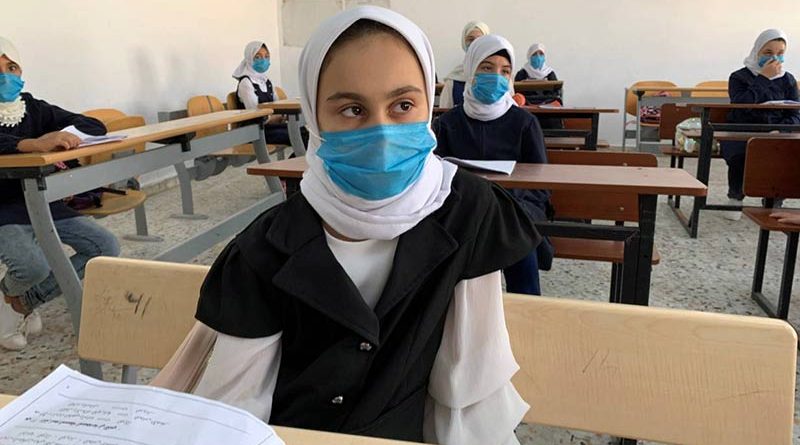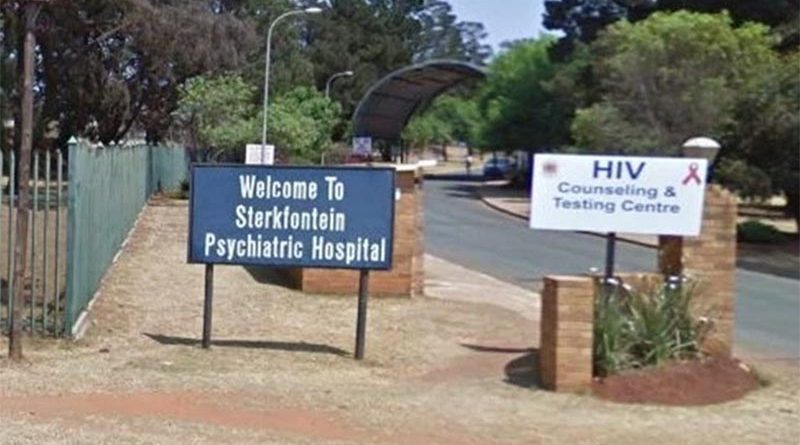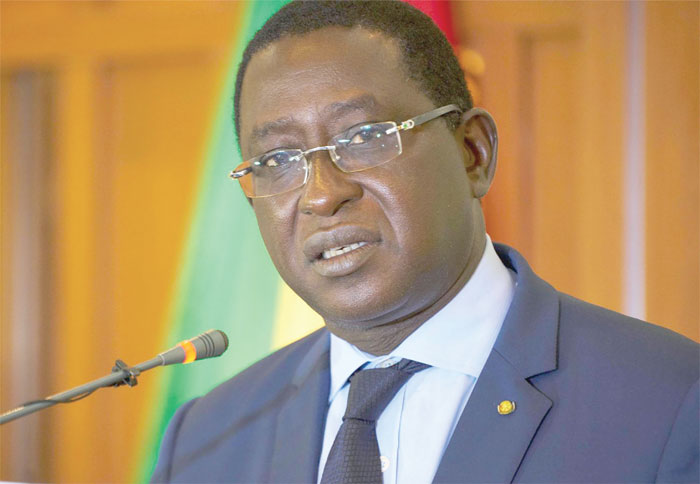THEIR young lives already disrupted by war, Libyan school children face even bigger obstacles to their education during the global pandemic than young people elsewhere.
With the number of cases surging unhindered across the North African country schools have tried different tactics from opening outside to seeking donations for extra disinfectants and facemasks to allow teaching indoors.
However, even those who have had no teaching for six months, or much prospect of it during the rest of this year, will have to pass an exam in order to progress to the next grade, the authorities have said.
“Students did not study anything. We did not teach anything for the students to learn. This is not a solution,” said teacher Amal Qleiwan, who is also the mother of a 10-year old.
“The decisions by the ministry of education are random and are not studied well.”
University professor, Ahmed Falaq, is homeschooling his two children, aged 10 and 8, and his two nephews, aged 12 and 10.
“What will students do if there is a new wave of coronavirus? They will miss two years of their education. This is a big problem for parents and students. We will have a generation of students with weak education,” he explained.
Libya now has more than 41,000 cases of the coronavirus, though with war-related chaos across much of the country officials admit there are probably many more going undetected. The United Nations has said it is “spiralling out of control”.
Meanwhile, according to U.N. estimates, the fighting in Libya had already displaced more than 150,000 people, 90,000 of whom are children and closed 200 schools, depriving more than 200,000 children of their schooling.
As the pandemic started to rage through Libya since August, medics working in the war-ravaged country’s few functioning hospitals faced their nightmare scenario – a surge in cases and dwindling resources. – Thomson Reuters Foundation.
Source: The African Mirror
ONE of South Africa’s largest mental institutions, the Sterkfontein mental hospital has a high number of COVID-19 infections, with 125 staff and 64 patients infected, information from the Gauteng Department of Health has shown.

The statistics were revealed by acting Gauteng Health MEC Jacob Mamabolo in a written reply to questions by the opposition Democratic Alliance in the Gauteng Legislature.
In a response to a question by the DA’s Jack Bloom, Mamabolo revealed that one of the infected staff died. However, Bloom said staff at the hospital had told him that there were two COVID-19 deaths.
Said Bloom: “COVID-19 infections at the hospital affected nearly one in five (17%) of the 720 staff and about 11% of the 560 patients. This is disturbingly high as this hospital only treats mental patients and has a lower risk than other hospitals that treat all other patients.
“There was a protest by 25 staff members about inadequate infection control at the hospital on 19 May, and they were dismissed but reinstated recently after referring the matter to the Bargaining Council for arbitration.”
Bloom said although Mamabolo claimed that sufficient personal protective equipment had been supplied to the hospital, an investigation was needed as to why there was such a high infection rate.
“It seems that the Gauteng Health Department neglected a mental health facility during this pandemic despite the lessons that should have been learned from the Life Esidimeni tragedy,” Bloom said.
Source: The African Mirror
Back in Business!
Senegal's Goree island - a former slave-trading port city turned tourist attraction, opened on Saturday following a seven-month lockdown to protect the roughly 2,000 inhabitants in light of the Covid-19 pandemic.
A visitor, Aristide Marius Plonkin, is taken aback by the bareness of the usually crowded island, "It's a bit crazy to come and look at this place after such a pandemic. It's beautiful anyway. In any case, I appreciate it even though the atmosphere is not the same as when I came here nine months ago."
A Gorée resident, Philippe Azoumet, shares his feelings on the island reopening, "Seeing tourists again brings the island back to life because Gorée has always had a lot of people. It's a touristic place so when there are no tourists you feel like a small isolated village. The fact that people come back comforts us. Maybe it can restart economic activities such as restaurants and many other things."
Coronavirus Restrictions
All visitors, staff and locals will be required to wear face masks and respect several other coronavirus prevention guidelines while on the island.
Oumar Sy, a business owner, shares his economic woes in light of the months-long lockdown, "The fact that the island as a whole remained closed for 7 months, that I stayed 7 months without working, in addition to paying my staff for 7 months... It's a dark time for an investor."
Amina Ndoye, another Gorée resident, laments about the economic hardships while still grateful for coming out on the other side, "We suffered a lot. There was no work. And this is a tourist spot for people who come here. We didn't work any more. My mother is a tour operator. She sells necklaces. But thank God Gorée's town hall helped the young people and artists who are here. She gave them money."
Senegalese History
Although now a cultural experience, between the 15th and 19th century, Goree island - which lies offshore from Senegal's capital city Dakar, was the largest slave-trade centre on the African coast.
Source: Africa News
Mali's presidency on Thursday announced that opposition leader Soumaïla Cissé had been freed.
The announcement, over Twitter, added that Cisse was on his way back to the capital Bamako.
The news will likely warm the hearts of Cisse's supporters who have held rallies waiting for his arrival since reports of his release broke out days ago.
Cisse was campaigning ahead of a parliamentary vote in the north of the country when he disappeared in late March.
Reports said he was being held by armed groups. It is not clear if money was paid in exchange for Cisse's freedom. Analysts say his release is a plus for the country's new leaders.
Source: AfricaNews




